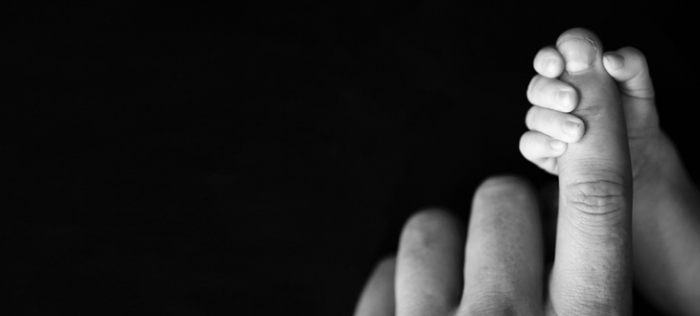Today, breastfeeding is rarely seen as a climate issue, but a new editorial from researchers in the United Kingdom argues the production of milk substitutes is of growing environmental concern. And it's not just an issue for parents - it's something all of us can help support.
Of course, for those mothers who can't breastfeed or choose not to, formula milk is a literal life-saver that shouldn't be judged or taken away. Yet it's also true that the production of unnecessary infant formulas - and the especially unnecessary 'follow-on' formulas, such as toddler formula - have tipped the global balance in favour of a far less sustainable alternative.
By sticking to breastfeeding for six months, researchers have calculated the world could save up to 153 kilograms of CO2 per baby. In the UK alone, this would amount to removing between 50,000 and 77,500 cars from the road each year.
It's important to note that the authors are putting the onus of increasing breastfeeding numbers on governments, not on mothers, who already face overwhelming amounts of stress, judgement, and scrutiny over their choices. They need our support and help, not any kind of shame over how they feed their children.
"This is a societal responsibility to which we can all contribute... " the authors write.
"Cultural change is long overdue to remove the myriad obstacles to breastfeeding faced by new mothers."
Breast milk has been called the most environmentally-friendly food available because it produces no waste or greenhouse gases, and it has a zero water footprint.
Nevertheless, only 41 percent of the 141 million babies born globally each year are solely breastfed until six months of age. And most countries fall short of meeting all the World Health Organisation's measures to support breastfeeding.
The United Kingdom particularly falls short in this regard. It has some of the lowest breastfeeding rates in the world, despite more than 85 percent of pregnant women in the region saying they want to breastfeed.
Formula milk is the most popular alternative, but it requires farming, storage, pasturisation, drying, cooling, packaging and shipping - all of which demand massive amounts of water and fuel. In fact, each kilogram of milk powder requires over 4,000 litres of water.
And that's not even mentioning other forms of waste. A decade ago, an estimated 550 million infant formula cans were thrown in the landfill every year, and since then, the industry has more than doubled.
Today, the authors write, just six countries in the world produce 0.72 million tonnes of infant formula, amounting to over 2.8 million tonnes of CO2.
"Half of these greenhouse gases come from follow-on formulas, created in response to the World Health Organization code that prevents the marketing of formulas for babies aged 0-6 months and marketed with messages that tap into vulnerabilities of busy and anxious parents," the editorial explains.
"Follow-on formulas are unnecessary according to regulators and potentially harmful."
Whether it's combatting misinformation about pointless toddler formulas or improving breastfeeding support in general, the authors argue there are plenty of ways to reduce carbon emissions from milk substitutes without trodding on a mother's right to choose.
As a result, they are calling on governments to support breastfeeding by investing in medical education for extra support; providing programs that help parents develop feeding plans; allowing greater access to screened donor milk; and by increasing numbers of certified lactation consultants.
"We need to acknowledge that "our house is on fire" and that the next generation requires us to act quickly to reduce carbon footprints in every sphere of life," the researchers conclude.
"Breastfeeding is a part of this jigsaw, and urgent investment is needed across the sector."
The BMJ
More about: #parenting
















































